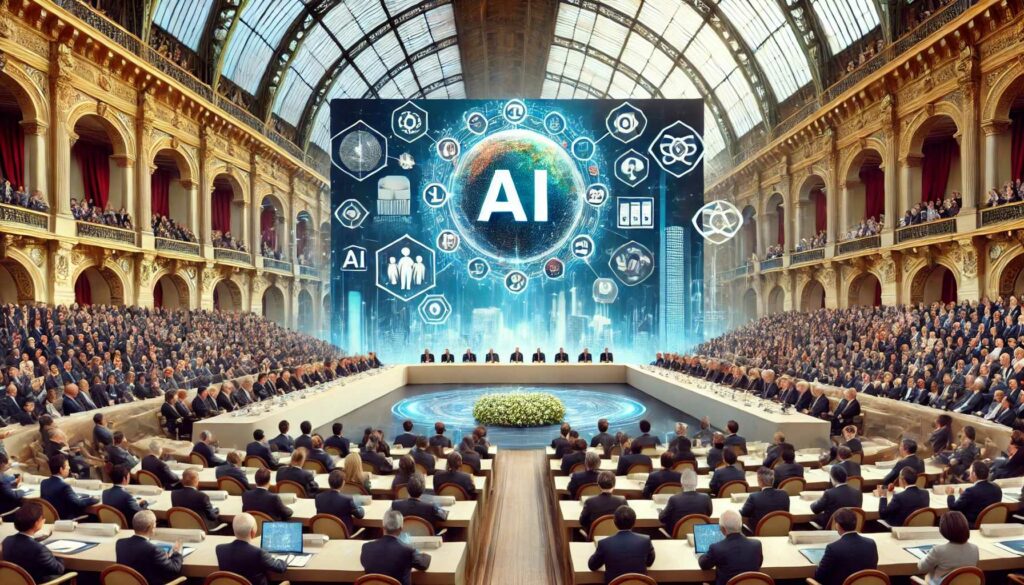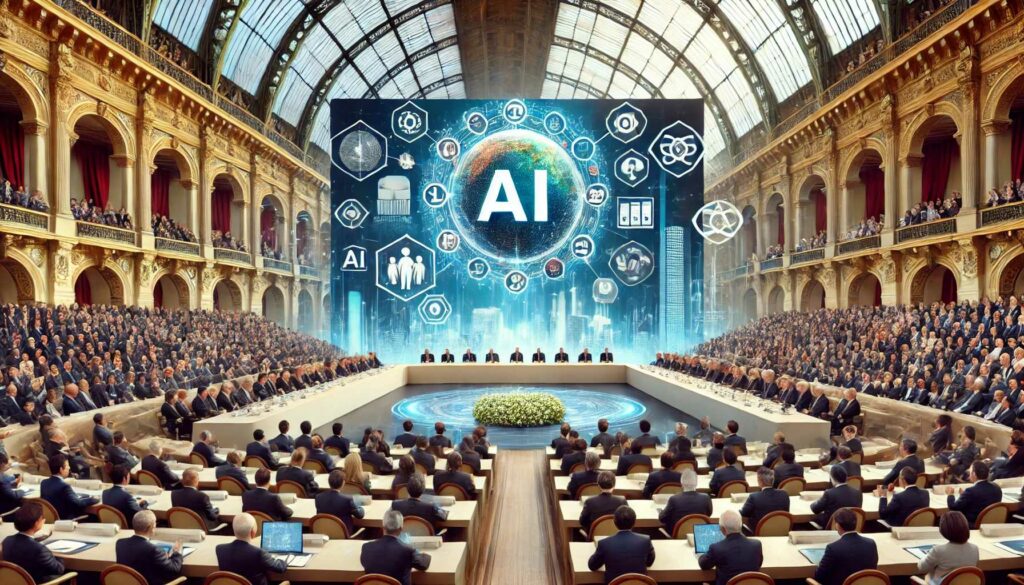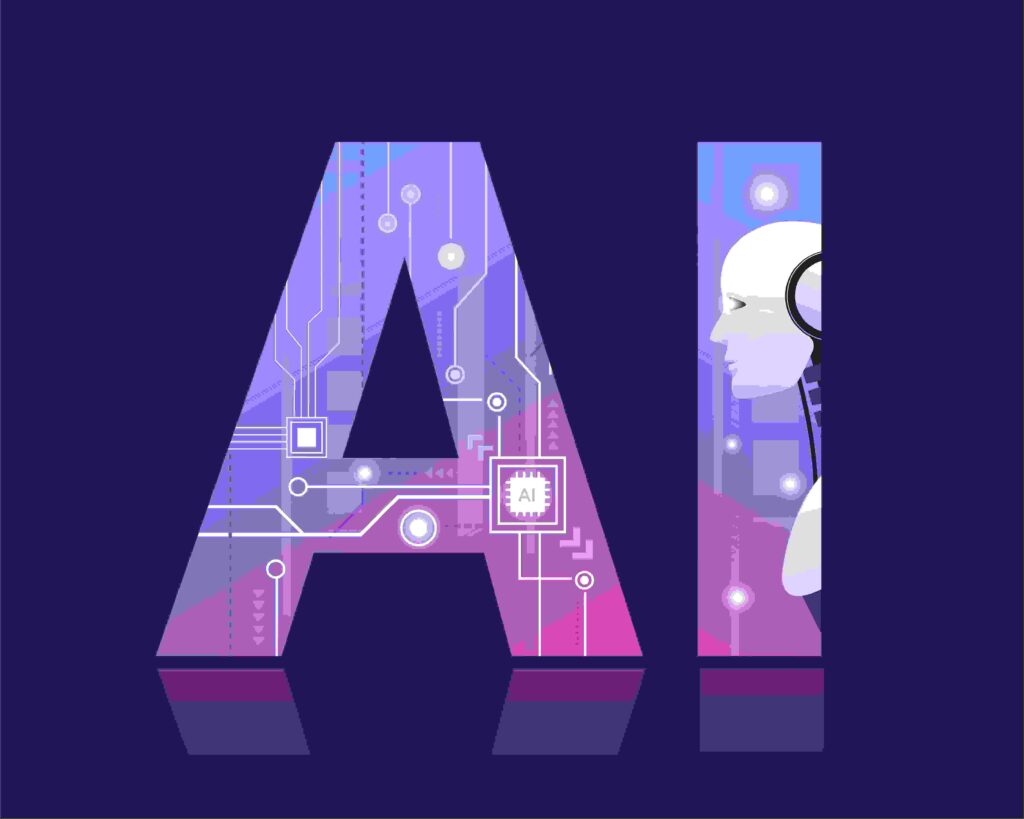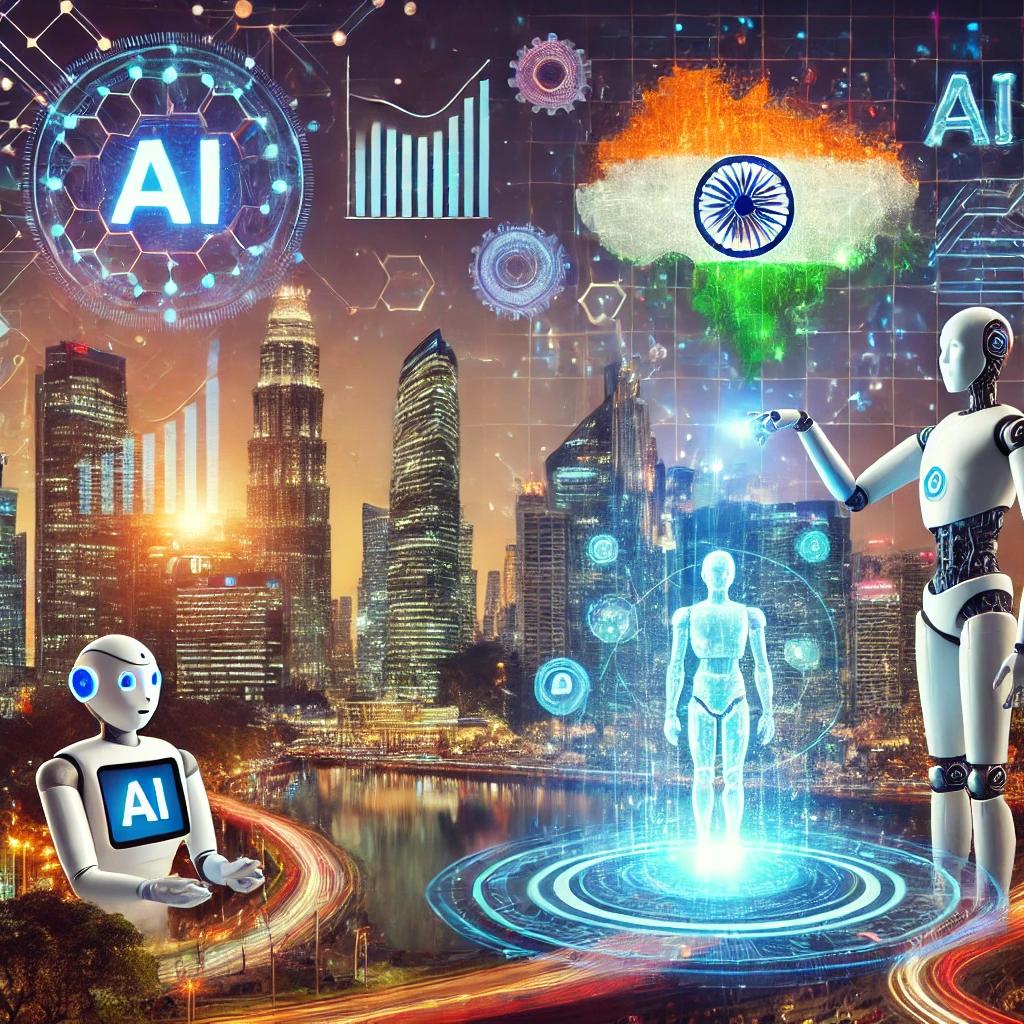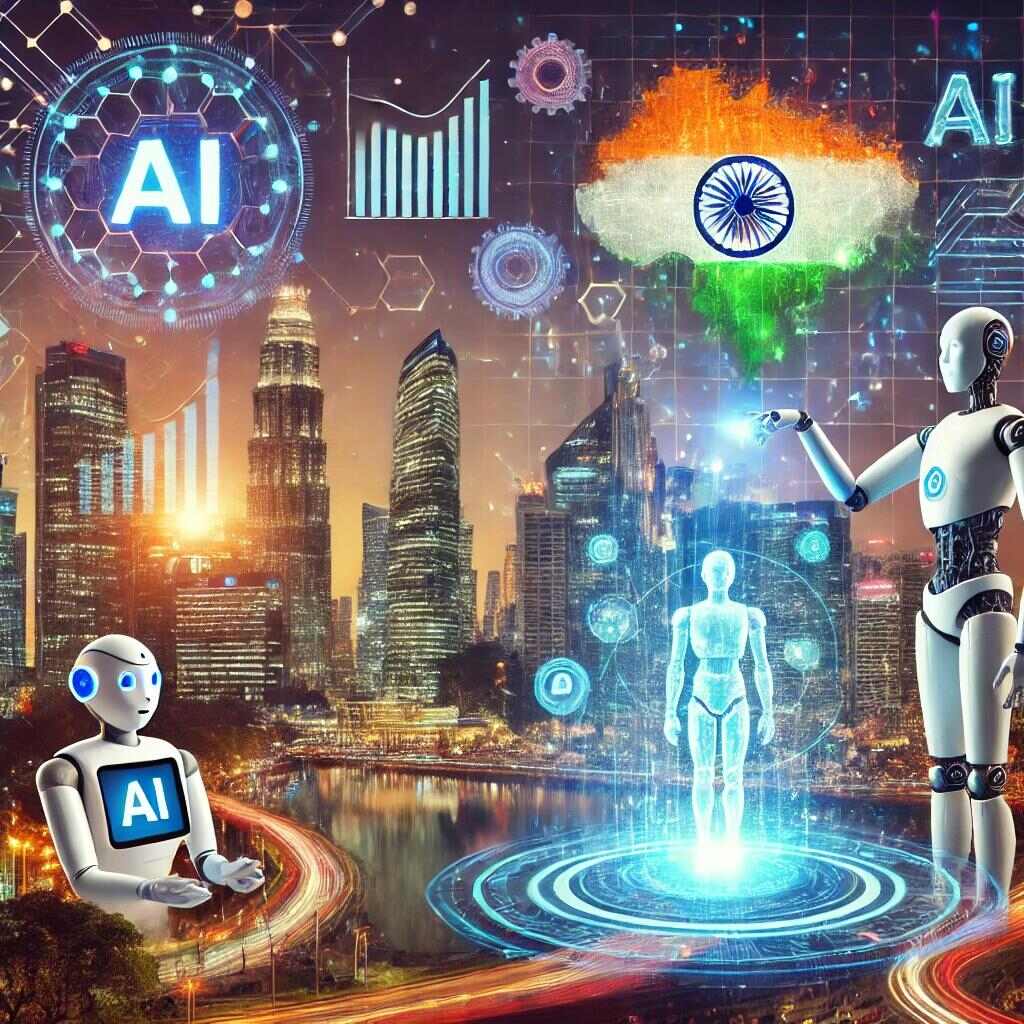New Delhi, February 11, 2025 – In a keynote address at the Global AI Summit, Prime Minister Narendra Modi highlighted the growing concerns over artificial intelligence (AI) disrupting jobs across various industries. He acknowledged that while AI brings immense opportunities, its most feared disruption remains large-scale job loss.
“AI is a transformative force that has the potential to reshape economies. However, the fear of job losses due to automation is real, and we must proactively address it with skill development and new employment strategies,” PM Modi stated.
The Prime Minister emphasized the need for reskilling and upskilling initiatives to prepare India’s workforce for an AI-driven future. He proposed the establishment of “AI Skill Hubs”, where professionals can be trained in AI-powered tools, automation technologies, and digital transformation strategies.
Balancing Innovation and Employment
PM Modi urged global leaders and tech companies to invest in AI solutions that augment human capabilities rather than replace them. He suggested that AI should be seen as a collaborator, helping humans in decision-making and complex problem-solving.
“The way forward is not to fear AI but to embrace it responsibly, ensuring that technology creates new opportunities rather than widening the gap between automation and employment,” he added.
Government Initiatives to Combat AI-Induced Job Displacement
To mitigate potential job losses, the Indian government plans to launch the “AI Workforce Adaptation Program”, aimed at training individuals in emerging fields such as AI ethics, robotics, cybersecurity, and machine learning. The government also aims to encourage AI entrepreneurship, fostering innovation that complements the labor market rather than displacing workers.
Global Reactions and Industry Commitments
Industry leaders at the summit supported PM Modi’s vision, with several companies pledging to invest in AI-driven job creation programs. Tech giants such as Google, Microsoft, and TCS announced collaborative efforts with Indian institutions to create AI training modules and ensure job transition support.
The summit concluded with a global consensus on responsible AI adoption, with leaders agreeing to frame policies that ensure inclusive growth, job security, and ethical AI development.
Sources-
Open-sourced AI, unbiased datasets are essential: PM Narendra Modi | Tech News – Business Standard
PM Modi’s take on AI as biggest job disruptor: ‘Technology does not erase jobs, it..’ – India TV
